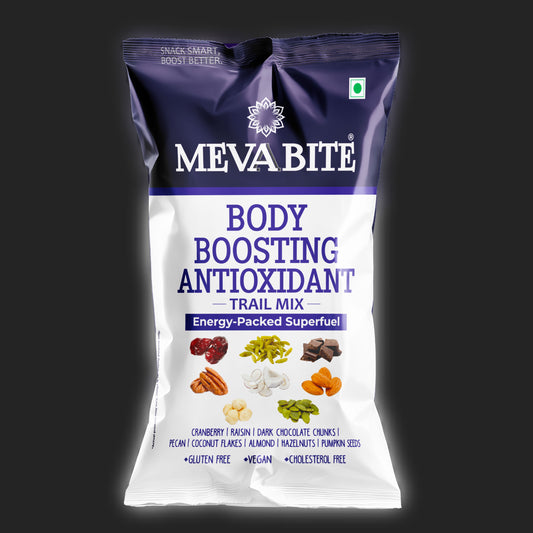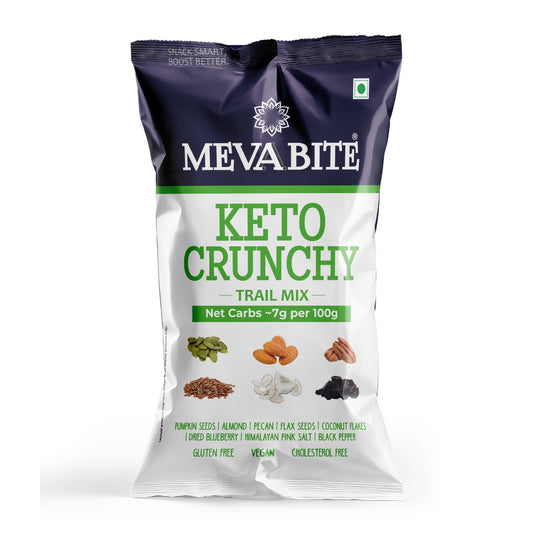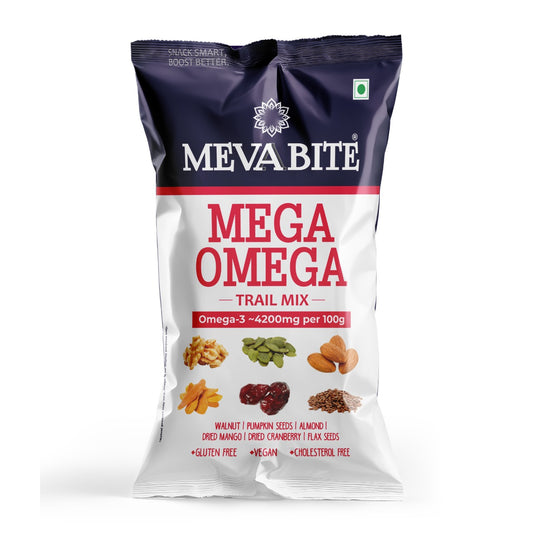Explore the world of gluten-free muesli with our comprehensive guide tailored for those with celiac disease or gluten intolerance. Discover how gluten-free muesli can be a delicious and nutritious breakfast option, packed with whole grains, nuts, seeds, and dried fruits. Learn about its health benefits, how to ensure your muesli is truly gluten-free, and creative ways to incorporate it into your daily breakfast routine. With tips, recipes, and expert advice, this guide will help you enjoy a celiac-friendly breakfast that’s both satisfying and wholesome.
What is gluten-free muesli, and how is it different from regular muesli?
Gluten-free muesli is a cereal mix made without gluten-containing grains. It differs from regular muesli by excluding wheat, barley, and rye.
Detailed Answer:
-
Ingredients: Gluten-free muesli is made from gluten-free grains such as oats, quinoa, and buckwheat, while regular muesli often includes wheat, barley, and rye. This fundamental difference in ingredients ensures that those with celiac disease or gluten sensitivity can enjoy a safe and healthy breakfast without the risk of gluten contamination.
-
Processing: Gluten-free muesli is processed in facilities free from cross-contamination with gluten, ensuring safety for those with celiac disease. Manufacturers must adhere to strict guidelines and testing to certify their products as gluten-free. This extra level of care in production ensures that every bite is safe and nutritious.
-
Nutritional Profile: Gluten-free muesli can be just as nutritious, providing fiber, vitamins, and minerals. It might include added nuts, seeds, and dried fruits for extra health benefits. These additions not only enhance the taste but also contribute to a balanced diet, making gluten-free muesli a wholesome breakfast choice.

Why should I choose gluten-free muesli for my breakfast if I have celiac disease or gluten intolerance?
Choosing gluten-free muesli helps avoid gluten-related health issues, providing a safe and nutritious breakfast option for those with celiac disease or gluten intolerance.
Detailed Answer:
-
Avoids Gluten Reactions: For people with celiac disease or gluten intolerance, consuming gluten can lead to digestive discomfort, nutrient malabsorption, and long-term health issues. Symptoms can range from mild to severe, including bloating, diarrhea, and even damage to the small intestine. By choosing gluten-free muesli, individuals can avoid these adverse reactions and protect their digestive health.
-
Safe and Nutritious: Gluten-free muesli offers a healthy breakfast alternative that is rich in fiber, vitamins, and minerals, supporting overall well-being. It provides the necessary nutrients to start the day with energy and vitality. For those managing gluten intolerance, having a safe and nutritious option like gluten-free muesli can significantly improve the quality of life.
-
Variety and Flavor: Gluten-free muesli comes in various flavors and combinations, allowing for a versatile and enjoyable breakfast experience. Whether you prefer a nutty, fruity, or seed-packed mix, there are plenty of options to suit different tastes and preferences. This variety makes it easier to stick to a gluten-free diet without feeling restricted.
What are some delicious ways to incorporate gluten-free muesli into my breakfast routine?
Incorporate gluten-free muesli into your breakfast by enjoying it with yogurt, mixing it into smoothies, or baking it into granola bars.
Detailed Answer:
-
Muesli with Yogurt: Mix gluten-free muesli with your favorite yogurt and top with fresh fruits for a quick and nutritious breakfast. This combination provides a perfect balance of protein, fiber, and natural sweetness, making it a great start to your day. Adding a variety of fruits like berries, bananas, or apples can enhance the flavor and nutritional value of your breakfast.
-
Smoothie Boost: Blend gluten-free muesli into your morning smoothie to add texture and a nutritional boost. By incorporating muesli into your smoothie, you can enjoy the benefits of grains and seeds without the need for additional supplements. This method is perfect for those who prefer a liquid breakfast or are always on the go.
-
Baked Goods: Use gluten-free muesli as an ingredient in homemade granola bars, muffins, or cookies for a healthy snack. Baking with muesli adds a delightful crunch and nutritious elements to your treats. You can experiment with different recipes and flavors, making it a fun and creative way to enjoy gluten-free muesli.

Are there any health benefits to eating gluten-free muesli compared to other gluten-free breakfast options?
Gluten-free muesli offers health benefits such as high fiber content, essential nutrients, and versatility compared to other gluten-free breakfast options.
Detailed Answer:
-
High Fiber Content: Gluten-free muesli is often rich in fiber, aiding digestion and promoting a healthy gut. Dietary fiber is essential for maintaining regular bowel movements and preventing constipation. It also helps in regulating blood sugar levels and reducing cholesterol, contributing to overall heart health.
-
Essential Nutrients: It provides essential vitamins and minerals like iron, magnesium, and B vitamins, supporting overall health. These nutrients are vital for various bodily functions, including energy production, immune support, and bone health. Incorporating gluten-free muesli into your diet ensures you receive these essential nutrients daily.
-
Versatility: Gluten-free muesli can be easily incorporated into various recipes, making it a versatile option for different dietary preferences. From breakfast bowls to baked goods and even savory dishes, the possibilities are endless. This versatility allows you to enjoy gluten-free muesli in different forms and flavors, keeping your meals exciting and varied.

How can I be sure that a brand of muesli is truly gluten-free and safe for someone with celiac disease?
Ensure a muesli brand is gluten-free by checking for certification labels, reading ingredient lists, and reviewing manufacturing practices.
Detailed Answer:
-
Certification Labels: Look for gluten-free certification labels from reputable organizations such as the Gluten-Free Certification Organization (GFCO). These certifications indicate that the product has been thoroughly tested and meets the strict standards required for gluten-free labeling. Trustworthy labels provide assurance that the product is safe for consumption.
-
Ingredient Lists: Carefully read ingredient lists to ensure no gluten-containing grains or additives are present. Some products may contain hidden sources of gluten, so it's important to be vigilant. Ingredients like malt, barley, and certain food starches can be potential sources of gluten. Always verify the ingredient list to ensure the product's safety.
-
Manufacturing Practices: Check if the product is processed in a dedicated gluten-free facility to avoid cross-contamination. Facilities that handle gluten-containing products pose a risk of contamination. Dedicated facilities follow stringent protocols to ensure that gluten-free products remain free from any gluten traces. Researching the manufacturer's practices can provide additional confidence in the product's safety.
Conclusion
Choosing the right gluten-free muesli is crucial for individuals with celiac disease or gluten intolerance. By paying attention to certification labels, carefully reading ingredient lists, and understanding manufacturing practices, you can ensure that the muesli you choose is safe and truly gluten-free. MevaBite's commitment to quality and safety makes our gluten-free muesli a reliable choice for a healthy, celiac-friendly breakfast.
Enjoy peace of mind and a delicious start to your day with MevaBite.














